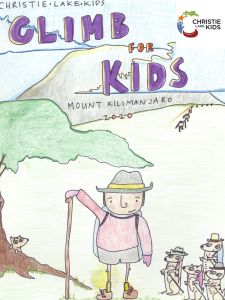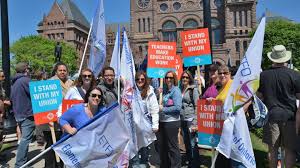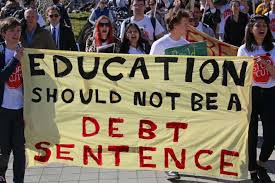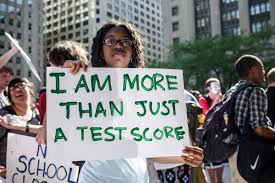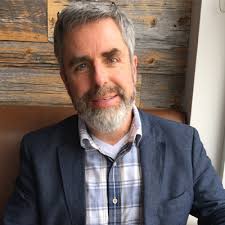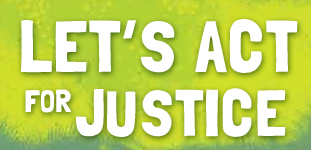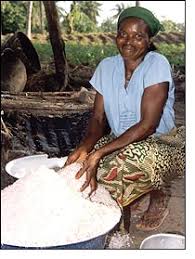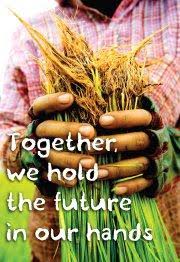There are a variety of approaches one can take when accompanying high school students in their journey to become citizens. Westheimer and Kahne (What Kind of Citizen? The Politics of Educating for Democracy, 2004) describe two approaches – one that develops citizens who can organize projects to make their community better, the other that centers on issue analysis from a social justice perspective.
I have a background in public education and as a high school teacher, I took students to the Dominican Republic to the sugar cane town of Consuelo. Based on my experiences, this project wavered between participatory and social justice. To take a social justice approach would challenge students to explain why such grinding poverty exists in a place best known for its sunny beaches.
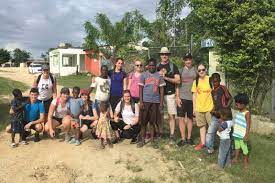
Conducting participatory citizenship programs in Catholic high schools is less risky than examining power imbalances and injustice. Even though Catholic schools are supposed to work within a social justice framework, most educators are more comfortable doing things rather than examining the injustice and imbalance that exist in the relationship between the Global South and North.
In the same school, every year we had a canned food drive. Our school was very good at this. At no time did any of us question why there was a need for a program to prop up community food banks. We were just doing a good thing and we all felt proud of our efforts.
Much in the same way while we tried to examine the social causes of inequity in the Global South, I do think that many of our students were caught up in the romance of travelling to an exotic (and very poor) country. It is much easier to do something rather than see yourself as part of a larger social problem.
Consider this:
Why would justice-oriented projects be more of a challenge to run in a state-supported institution like a school?
The authors contend that developing a commitment to civic participation and social justice do not necessarily align. Do you agree with this statement, or is it possible to do both at the same time?
The questions I posed this week focused on how justice-orientated projects challenge the status quo in our publicly-run schools. The second question explored the possibility that justice and participatory citizenship projects can align.
The responses to these questions focused on the difficulty of enacting justice-orientated programs in schools mainly because teachers and students do not have the time to get involved in social justice issues. The one exception to this might be in schools that are experiencing social injustice. For example, students and teachers might get involved in a campaign against online bullying if this is an issue in their community.
Another response focused on the difficulty in aligning participatory programs with social justice issues. A school may take part in a civic participation program supported or initiated by the police, or a school could organize an information session with the school resource officer (SRO). It is hard to fathom a school running a justice-orientated program at the same time that focuses on critiques of the police as an institution that participates in violence against racialized populations.
After reading and responding to the comments, there are a few points that I want to reemphasize. Based on my experiences as a teacher and an administrator, educators and students do get involved in participatory citizenship initiatives on a regular basis. Schools do not normally sponsor justice-orientated activities, but this is not because teachers do not have enough time.

Social justice leads to a critique of the power imbalances that exist in our society. The school as a public institution can actually encourage and support these imbalances. Take, for example, the steaming of grade 9 courses or SRO programs that bring police officers into the schools. The school system encourages compliance, not criticism. There is little alignment between programming that focuses on participation and social justice. In fact, participatory good citizen projects are a safe alternative to questioning the injustices that exist in our society.

